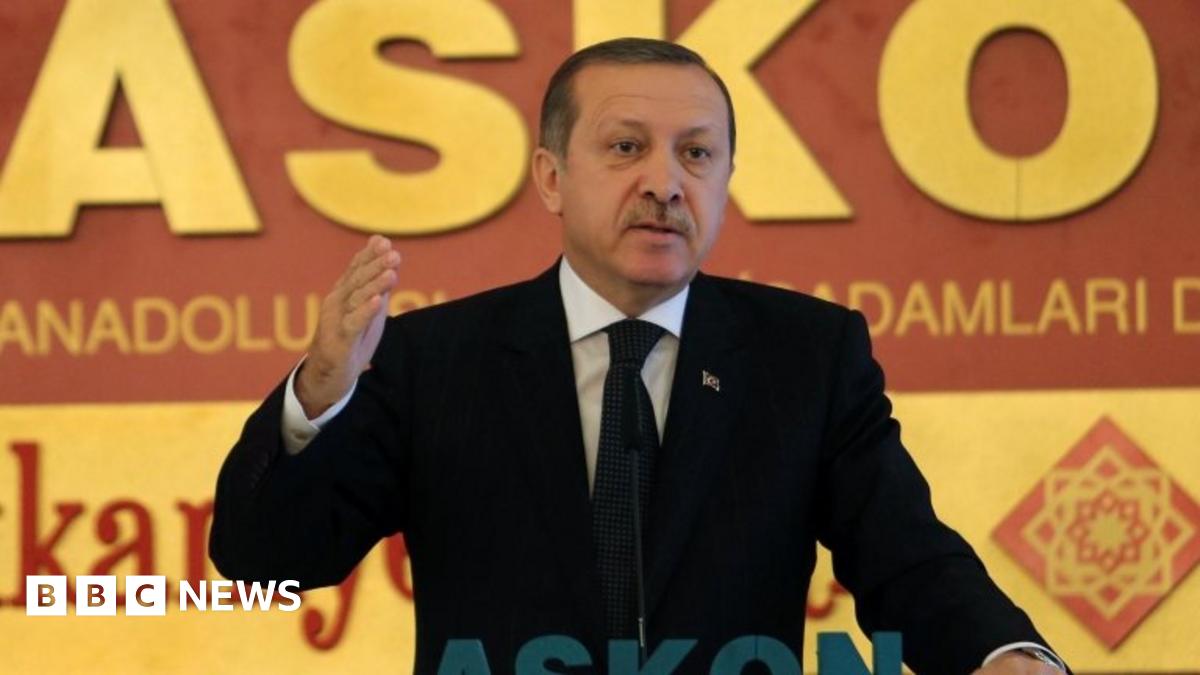Re: Prospects of a Kurdish state and what it means for Armenia
12 January 2013
Turkey questions Hollande contacts with dead Kurdish activist
Turkish PM Recep Tayyip Erdogan has called on French President Francois Hollande to explain why he previously met one of the Kurdish activists shot dead in Paris on Thursday.
One of the three women killed was Sakine Cansiz - a co-founder of the Kurdistan Workers' Party (PKK) - a group proscribed by the European Union.
Mr Hollande has said that he and other politicians had regularly met one of the women, without saying which one.
Turkey has fought the PKK for 25 years.
Some 40,000 people have died, but the Paris shootings came as Ankara sought peace talks with the group.
Thousands demonstrated in central Paris on Saturday to demand action over the deaths of the activists who were found shot dead at the Kurdish information centre in Paris on Thursday. According to French media they had been shot in the head or neck.
'Immediate' answers
At a meeting in Istanbul, Mr Erdogan said Mr Hollande should "immediately disclose" why he met members of "this terrorist organisation, what was discussed, to what end he was in communication with these terrorists".
"How can you routinely meet with members of an organisation labelled a terrorist group by the European Union and being sought by Interpol? What kind of politics is this?" he added.
He said Turkey notified France as recently as November that Sakine Cansiz was in Paris, but French authorities had taken no action.
Turkey has frequently complained that European countries have failed to co-operate in its fight against the PKK.
It is regarded by Turkey, the US and European Union as a terrorist organisation, because of its attacks on Turkish security forces and civilians.
Ms Cansiz, who was detained and tortured in Turkey in the 1980s, is said to be close to jailed PKK leader Abdullah Ocalan.
A second woman has been named as Fidan Dogan, 32, who worked in the information centre. She was also the Paris representative of the Brussels-based Kurdistan National Congress.
The third, named as Leyla Soylemez, was a young activist.
The PKK took up arms in 1984, demanding greater autonomy for Turkey's Kurds, who are thought to comprise up to 20% of the population.
In 2012 it stepped up its attacks, leading to the fiercest fighting in decades, but violence has subsided in recent months.
Mr Erdogan has suggested the killings had been designed to sabotage peace talks between Turkey and the PKK.
12 January 2013
Turkey questions Hollande contacts with dead Kurdish activist
Turkish PM Recep Tayyip Erdogan has called on French President Francois Hollande to explain why he previously met one of the Kurdish activists shot dead in Paris on Thursday.
One of the three women killed was Sakine Cansiz - a co-founder of the Kurdistan Workers' Party (PKK) - a group proscribed by the European Union.
Mr Hollande has said that he and other politicians had regularly met one of the women, without saying which one.
Turkey has fought the PKK for 25 years.
Some 40,000 people have died, but the Paris shootings came as Ankara sought peace talks with the group.
Thousands demonstrated in central Paris on Saturday to demand action over the deaths of the activists who were found shot dead at the Kurdish information centre in Paris on Thursday. According to French media they had been shot in the head or neck.
'Immediate' answers
At a meeting in Istanbul, Mr Erdogan said Mr Hollande should "immediately disclose" why he met members of "this terrorist organisation, what was discussed, to what end he was in communication with these terrorists".
"How can you routinely meet with members of an organisation labelled a terrorist group by the European Union and being sought by Interpol? What kind of politics is this?" he added.
He said Turkey notified France as recently as November that Sakine Cansiz was in Paris, but French authorities had taken no action.
Turkey has frequently complained that European countries have failed to co-operate in its fight against the PKK.
It is regarded by Turkey, the US and European Union as a terrorist organisation, because of its attacks on Turkish security forces and civilians.
Ms Cansiz, who was detained and tortured in Turkey in the 1980s, is said to be close to jailed PKK leader Abdullah Ocalan.
A second woman has been named as Fidan Dogan, 32, who worked in the information centre. She was also the Paris representative of the Brussels-based Kurdistan National Congress.
The third, named as Leyla Soylemez, was a young activist.
The PKK took up arms in 1984, demanding greater autonomy for Turkey's Kurds, who are thought to comprise up to 20% of the population.
In 2012 it stepped up its attacks, leading to the fiercest fighting in decades, but violence has subsided in recent months.
Mr Erdogan has suggested the killings had been designed to sabotage peace talks between Turkey and the PKK.






 )? Kurdish "history" makes Azerbaijan's identity inventions seem almost reasonable.
)? Kurdish "history" makes Azerbaijan's identity inventions seem almost reasonable.

Comment